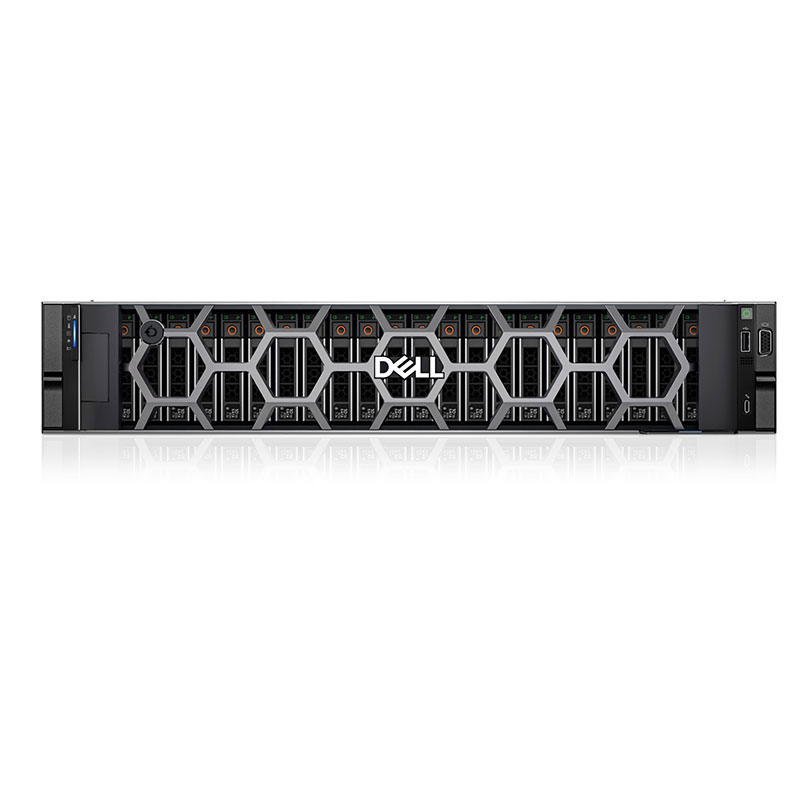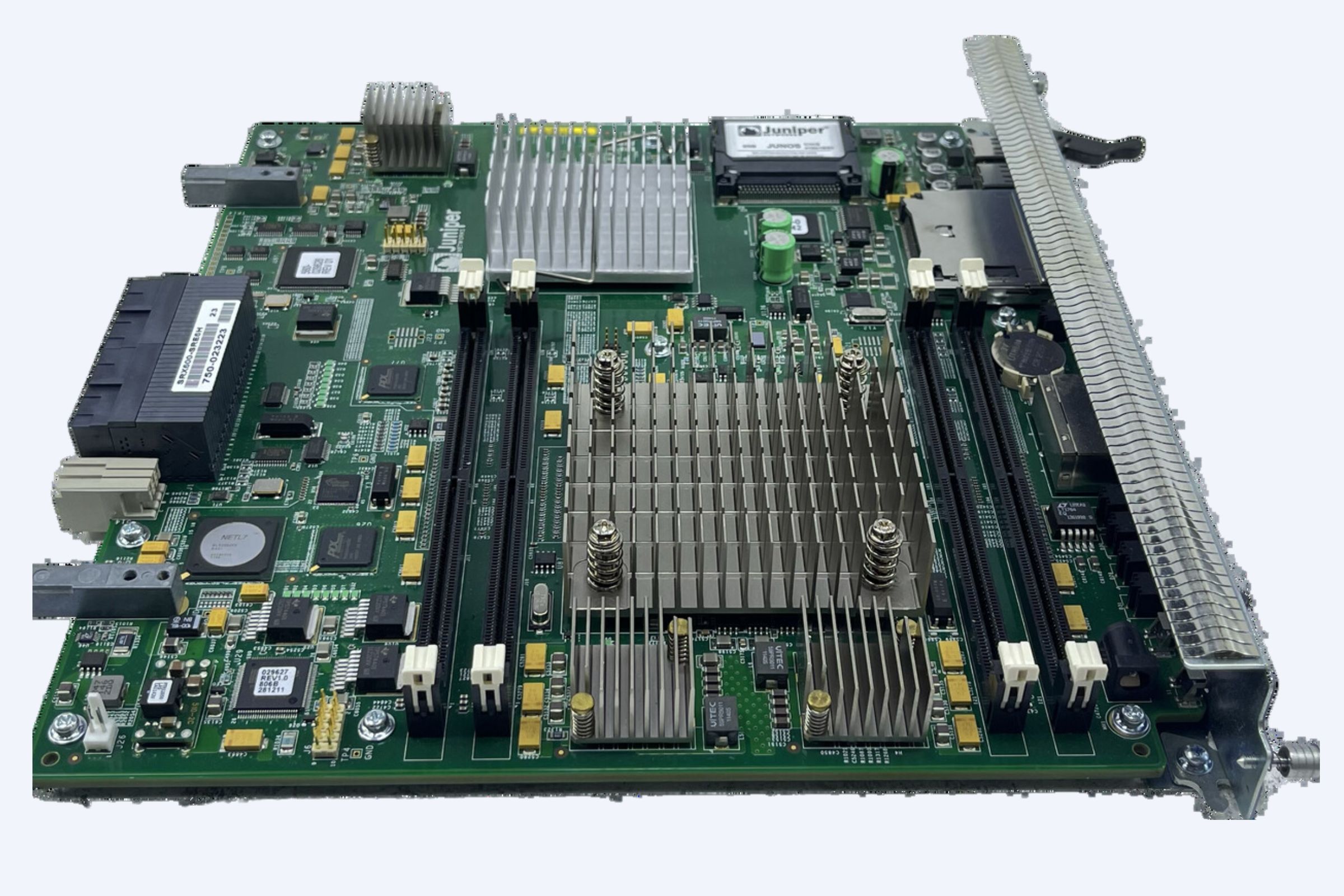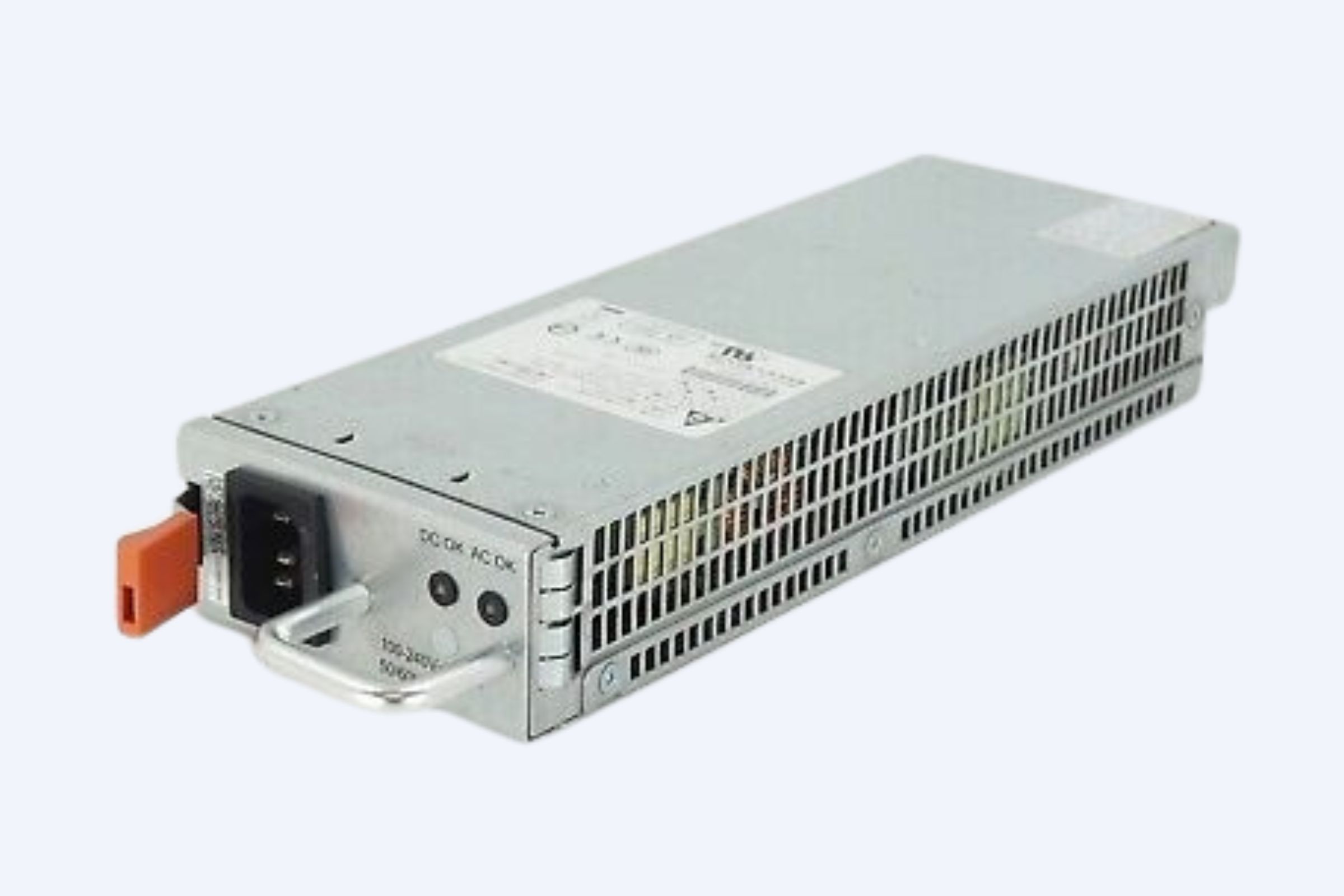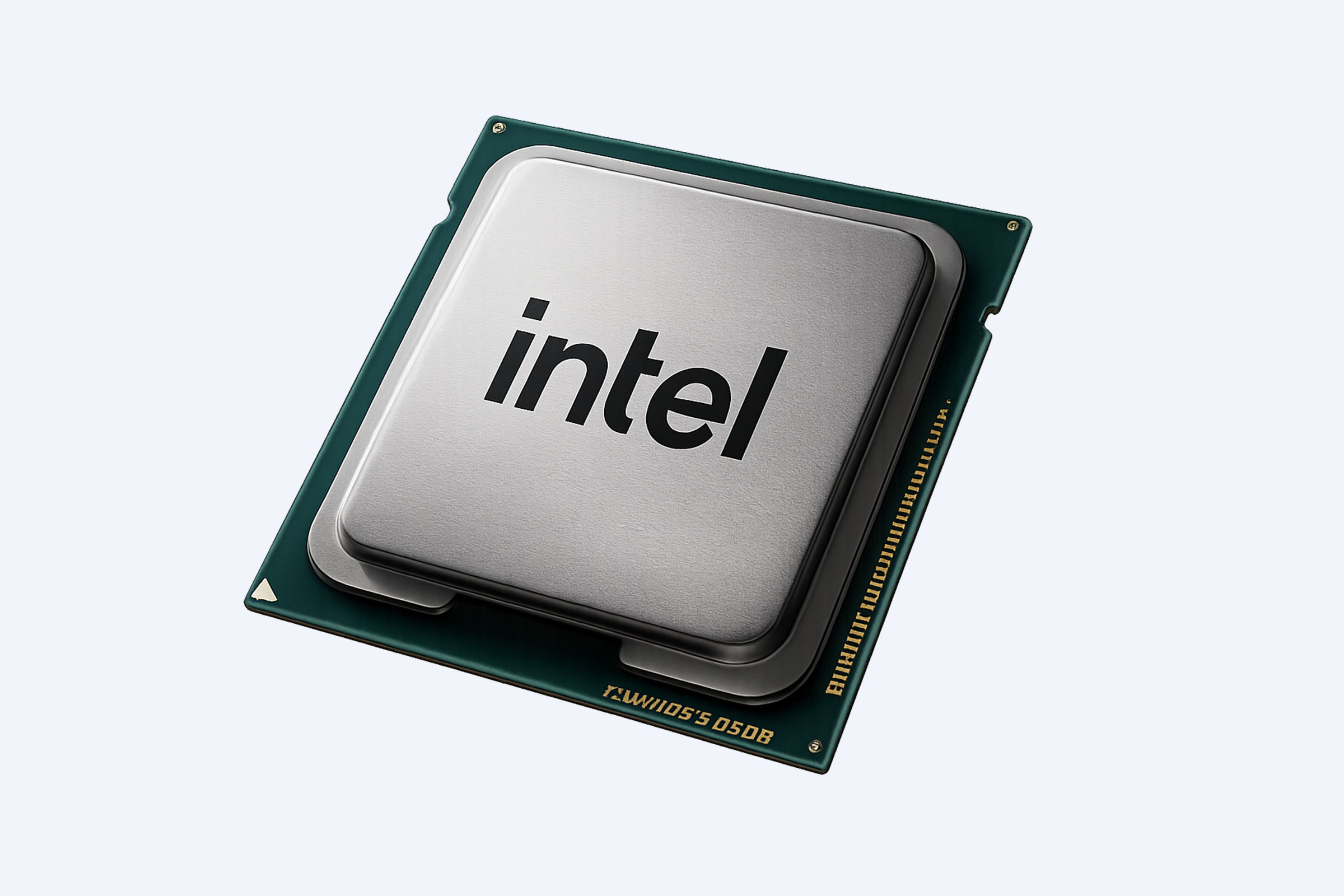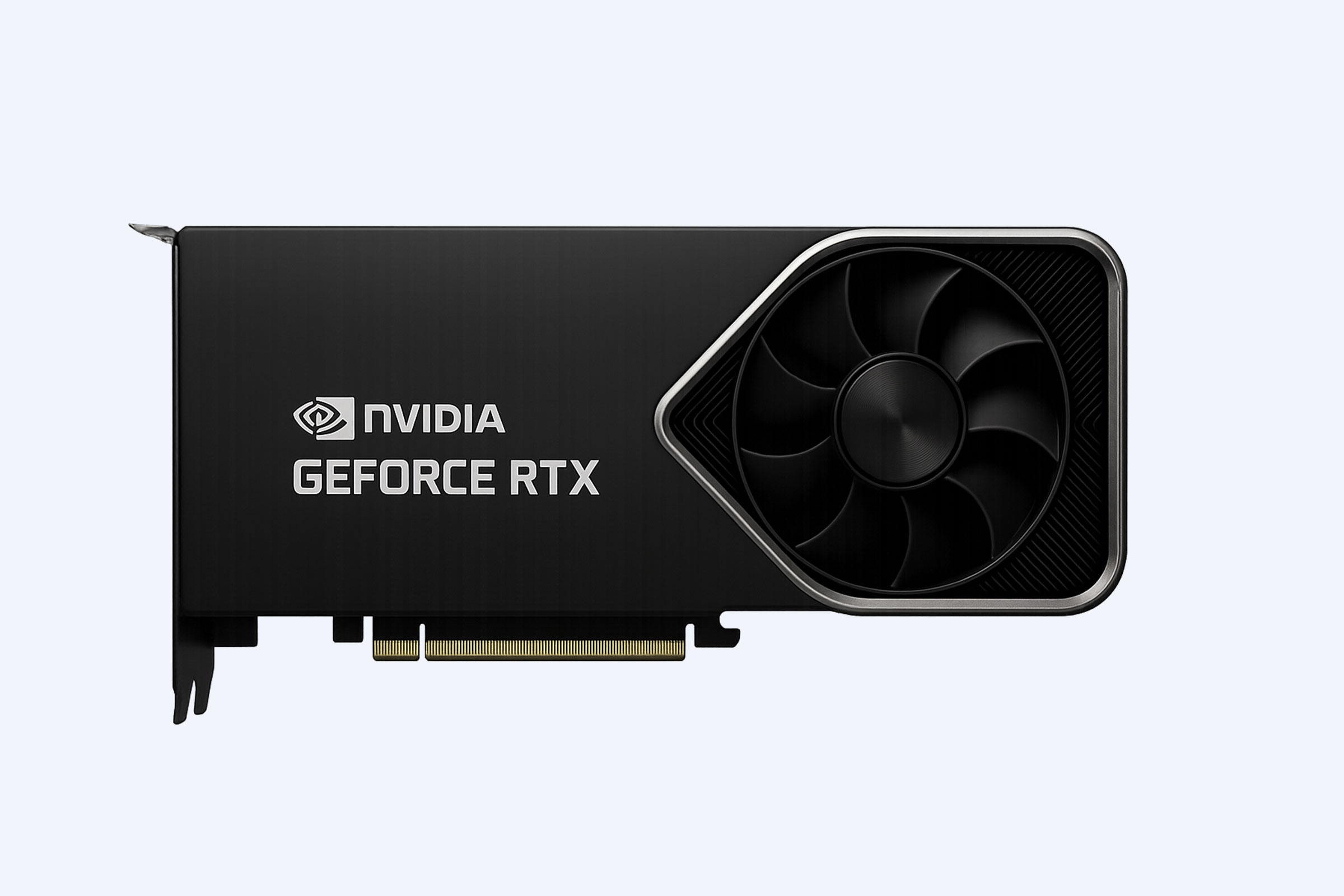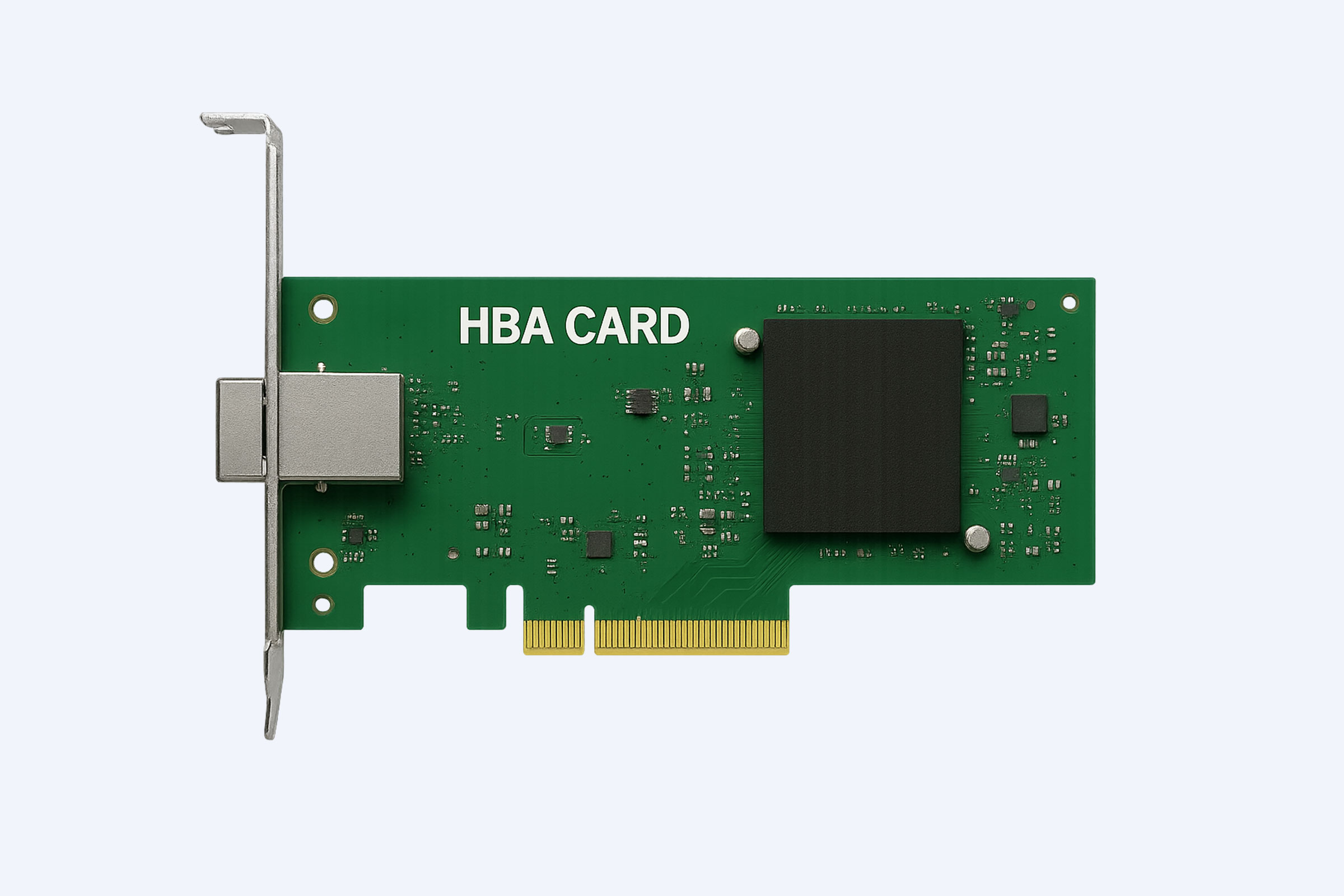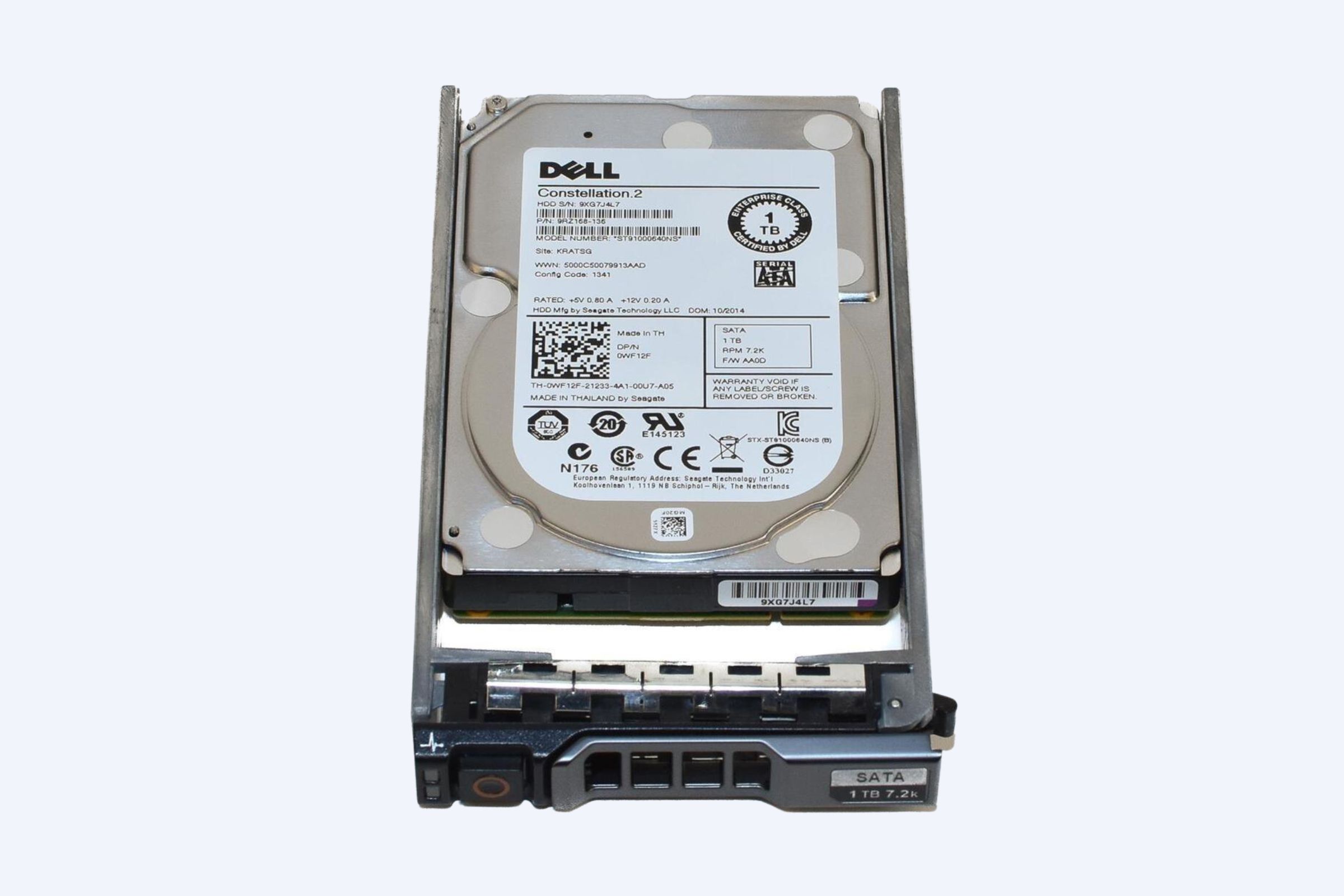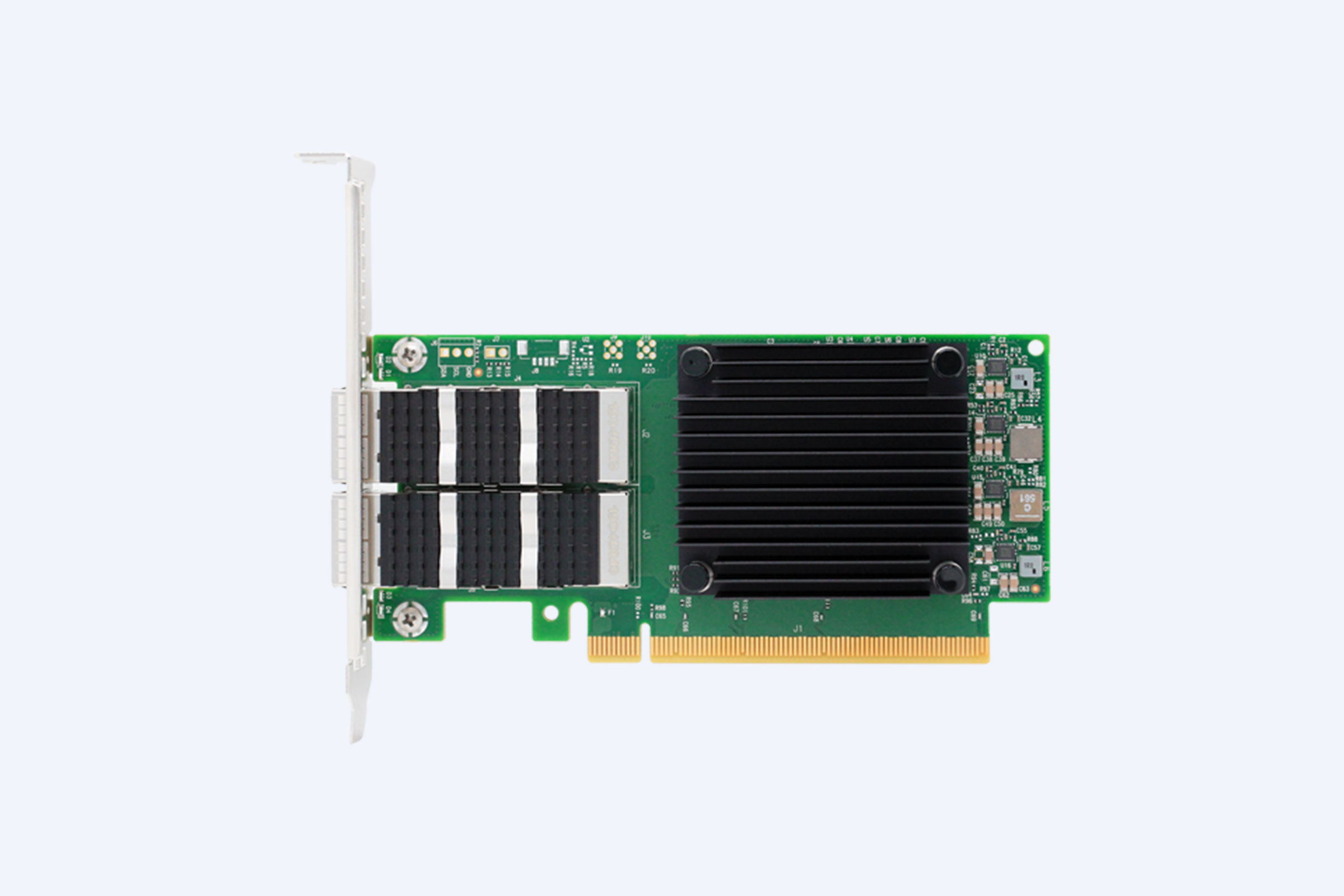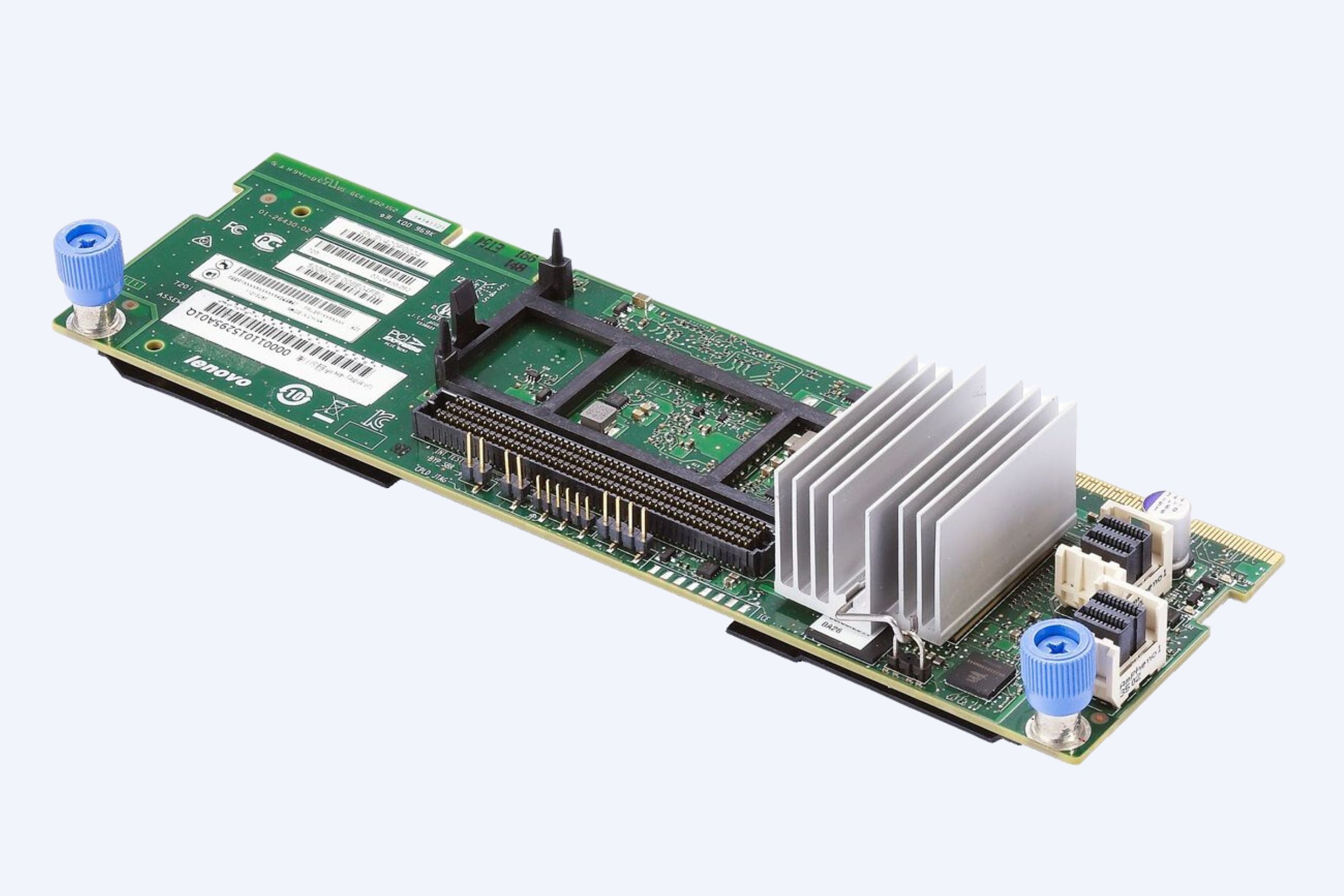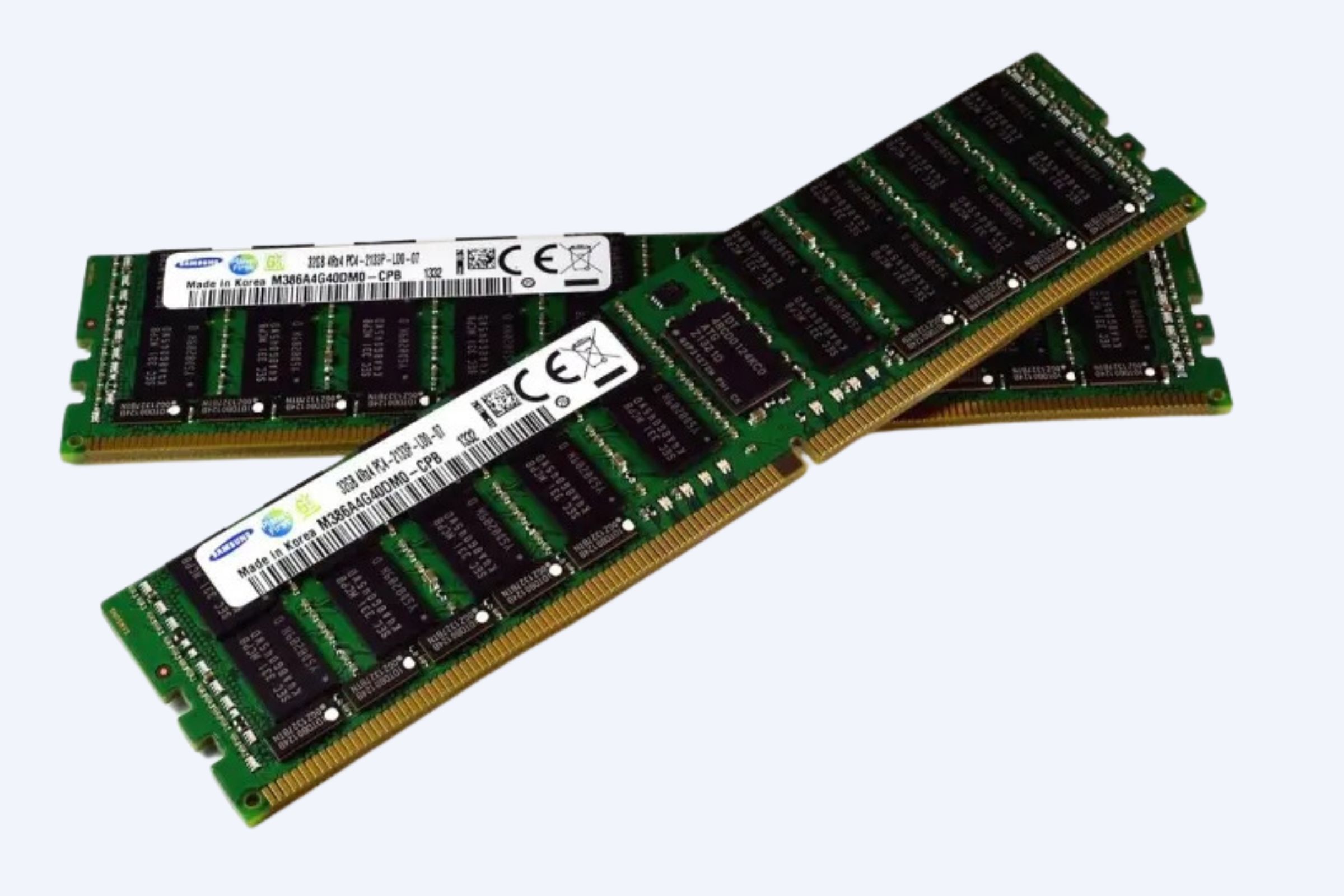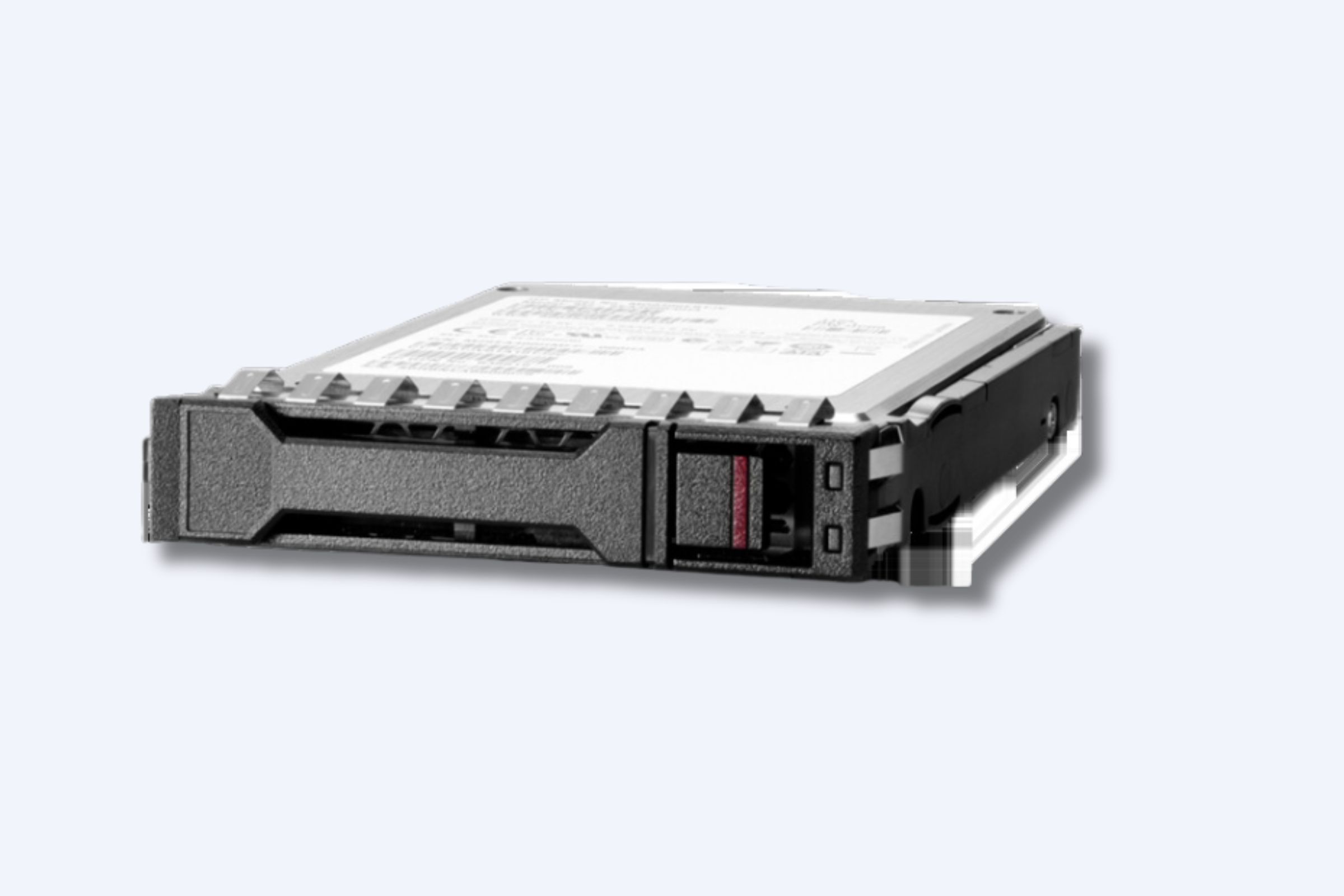Dell servers are known for their powerful performance, extensive customization options, and strong reliability, making them ideal for enterprise IT environments. They support modern workloads with advanced security, flexible management tools, and scalable hardware suited for businesses of all sizes.
How Do Dell Servers Cater to Different Business Needs?
Dell servers are designed in multiple form factors—tower, rack, and blade—to fit diverse IT environments. Each type offers tailored performance for tasks like virtualization, database operations, or AI workloads. The PowerEdge series includes models optimized for compute, storage, or GPU acceleration, allowing businesses to choose the right server based on their operational demands.
Enterprise users can select servers with varying CPU cores, memory capacity, and storage configurations, making Dell’s offerings suitable from small businesses to large data centers.
What Are the Key Features of Dell PowerEdge Servers?
Dell PowerEdge servers feature the latest Intel Xeon or AMD EPYC processors with up to 64 cores per CPU, supporting DDR4 or DDR5 memory for enhanced speed and efficiency. They provide extensive storage flexibility with multiple drive bays supporting NVMe, SATA, and SAS drives, essential for high-speed data access and large datasets.
Security is integral, including TPM 2.0, silicon Root of Trust, Secure Boot, and iDRAC remote management. Dell OpenManage simplifies hardware lifecycle management, ensuring operational continuity and efficient system updates.
Which Dell Server Models Are Best for High-Performance Computing?
The Dell PowerEdge R760xa is specifically optimized for high-performance computing tasks such as AI, machine learning, and GPU-intensive workloads. It supports up to four double-width GPUs or twelve single-width GPUs, combined with advanced cooling systems.
This server excels in computational density and parallel processing capabilities. For general-purpose high-performance needs, the R760 flagship balances CPU power with substantial memory and storage options.
Why Are Dell Servers Considered Reliable for Enterprise Applications?
Dell servers undergo rigorous testing to meet international standards like CE, FCC, and RoHS, ensuring durability and compliance. Their modular design allows easy upgrades and maintenance, reducing downtime.
The incorporation of advanced cooling, redundant power supplies, and remote management tools further supports reliability. With Wecent’s expertise, clients receive Dell servers that match stringent quality benchmarks while offering professional setup and support.
How Does Dell Support Simplify Server Management and Maintenance?
Dell’s integrated Dell Remote Access Controller (iDRAC) and OpenManage system management software provide administrators with comprehensive control. These tools allow remote monitoring, proactive alerts, firmware updates, and hardware diagnostics to minimize interruptions.
Dell’s support lifecycle policies and partnership with service providers like Wecent ensure that enterprise customers receive timely assistance, extended warranties, and flexible maintenance options tailored to their operational schedules.
When Should Businesses Choose a Dell Blade Server?
Blade servers are optimal for companies needing high-density computing in limited physical space. Dell blade models offer modularity, allowing multiple server blades to share networking, power, and cooling resources within a single chassis.
Blade servers fit well in data centers focusing on scalability and energy efficiency, with simplified cabling and reduced footprint compared to traditional rack servers.
Where Are Dell Servers Most Widely Used Across Industries?
Dell servers power critical infrastructure in industries such as finance, healthcare, education, and manufacturing. Their reliability and scalable architecture make them preferred choices for cloud computing, virtualization, and big data analytics.
Enterprises worldwide rely on Dell’s global supply chain and local service partners like Wecent for tailored IT infrastructure solutions that align with industry-specific compliance and performance needs.
Can Dell Servers Be Customized for Specific Enterprise Workloads?
Yes, Dell servers offer customizable configurations for CPU, memory, storage, and networking to suit specialized workloads. Whether deploying large-scale databases, virtualization environments, or GPU-accelerated AI workloads, Dell supports configuration flexibility.
Wecent assists enterprises in specifying server builds optimized for performance and cost efficiency, ensuring the hardware matches the precise workload requirements.
Has Dell Incorporated Advanced Security in Its Server Designs?
Dell prioritizes security with multi-layered protections including silicon Root of Trust, Secure Boot, BIOS encryption, and runtime firmware validation. These features prevent unauthorized access and attacks at the hardware level.
Complemented by software management tools, Dell servers offer secure boot processes and firmware integrity checks, critical for protecting sensitive enterprise data.
Wecent Expert Views
“Dell servers stand out in the enterprise landscape for their combination of robust engineering, flexible design, and advanced security features. At Wecent, we emphasize not only delivering these powerful servers but also customizing configurations to meet specific business goals. Our deep partnership with Dell and other global brands ensures clients receive certified, durable, and scalable IT infrastructure solutions that drive long-term growth. With expert consultation and support, Wecent helps enterprises optimize their IT environments for efficiency, reliability, and future readiness.”
Dell Server Models Comparison Table
| Server Model | Form Factor | CPU Type/Max Cores | Max Memory | Storage Options | GPU Support | Use Case |
|---|---|---|---|---|---|---|
| PowerEdge R760 | 2U Rack | Intel Xeon 4th/5th Gen (64) | Up to 8TB DDR5 | Up to 24 x 2.5″ SFF / 12 LFF | Up to 2 double-width GPUs | General enterprise workloads |
| PowerEdge R760xa | 2U Rack | Intel Xeon 4th/5th Gen (64) | Up to 8TB DDR5 | Up to 8 x 2.5″ SFF/EDSFF | Up to 4 double-width GPUs | AI, machine learning |
| PowerEdge R760xs | 2U Rack | Intel Xeon 4th Gen (32) | Up to 1TB DDR5 | Up to 16 x 2.5″ or 12 LFF | Up to 2 low-profile GPUs | Cost-efficient virtualization |
Conclusion
Dell servers offer a comprehensive range of solutions tailored to diverse enterprise needs, delivering power, flexibility, and security. Leveraging Wecent’s expertise guarantees access to certified, high-quality Dell servers configured for optimal performance and supported by professional services. Whether running AI workloads, virtualization, or mission-critical applications, enterprises benefit from choosing Dell’s scalable servers combined with trusted partners like Wecent.
Frequently Asked Questions
What types of Dell servers are available?
Dell offers tower, rack, and blade servers designed for a variety of workloads and environments.
How important is remote management for Dell servers?
Remote management via iDRAC and OpenManage is essential for minimizing downtime and efficient maintenance.
Can Dell servers support AI and GPU workloads?
Yes, specialized models like the PowerEdge R760xa are optimized for GPU-intensive AI applications.
Does Wecent provide Dell server customization?
Yes, Wecent offers expert consultation and tailored server configurations to meet specific business requirements.
What security features do Dell servers include?
Dell integrates hardware-rooted security such as TPM 2.0, Secure Boot, and firmware validation to protect enterprise data.



